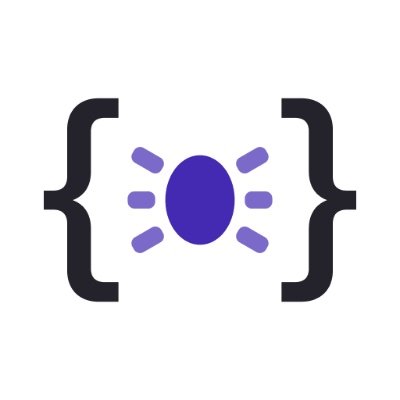VIENNA, VA — Antithesis, a platform revolutionizing how software is tested and debugged, has launched out of stealth mode and announced $47 million in seed funding from Amplify Partners, Tamarack Global, and First In Ventures, with participation from angel investors including Michael Walrath, Founder of Right Media and Howard Lerman, Founder of Yext and Roam.
The team behind FoundationDB, a powerful and reliable distributed database, which was acquired by Apple in 2015 and which now underpins Apple’s cloud infrastructure, began building Antithesis over five years ago when they saw how even the most sophisticated organizations lacked the kind of deterministic software testing built into the database they had just sold to Apple. Antithesis has taken the rigorous testing approach of FoundationDB, matured it, and, after years of operating in stealth, has now made it the only commercially available system of its kind for general software testing.
“Our goal is to increase the reliability of software systems in the most efficient way so that the organizations we partner with can focus on growth and innovation rather than wasting valuable time and energy on testing and debugging,” said Will Wilson, co-founder and CEO of Antithesis. “Our team has had decades of experience building and running some of the world’s largest and most critical backend software systems, and we’ve learned that exceptional reliability requires exceptional testing – which is what we’re bringing to the market with Antithesis.”
Current software testing relies on developers to manually write their own tests, a time-consuming process that, by its nature, can only find bugs in execution paths anticipated ahead of time. Bugs that hide down unanticipated but inevitable paths are missed. Problems often become apparent only late in development, when they are expensive to fix, or even in production, where they affect users and the company’s reputation. A survey by Stripe and Harris Poll found that roughly 50% of developers’ time is spent on bug-related issues and that developer inefficiency represents ~$300 billion in global GDP lost annually.
What makes Antithesis unique is that the platform continuously scans the newest version of software under development for bugs inside of a separate simulated environment and can perfectly reproduce and provide powerful debugging information for every bug it finds. This allows software engineers to develop with confidence, knowing any bugs will be found quickly and reported by Antithesis before they impact users, vastly increasing an organization’s overall productivity and software quality.
“There is an enormous market opportunity for a system that drastically increases the reliability of software and allows organizations to innovate faster and deliver a higher quality product to customers,” said Lenny Pruss, General Partner at Amplify Partners. “Antithesis’s model of autonomous testing will be especially important as we increasingly rely on AI and LLM tools for code generation. There are endless possibilities, and we’re excited to be partnering with a company working on such cutting-edge technology.”
Antithesis is already working with customers, including MongoDB, Palantir, and Ethereum. Their technology has been critical in bolstering their customers’ business operations and eliminating bugs that would have gone undetected by other systems. For Ethereum, for example, Antithesis helped find and fix several serious bugs in the lead-up to The Merge in 2022.
“Antithesis is an exciting and unique tool for debugging blockchains and distributed systems,” said Danny Ryan, a research leader at Ethereum. “We used it extensively when testing the Merge. Antithesis was able to deterministically explore and find bugs in very exotic states and scenarios, ones that would have been nearly impossible to hand-code and unlikely to be hit in less stateful, traditional fuzzing.”



